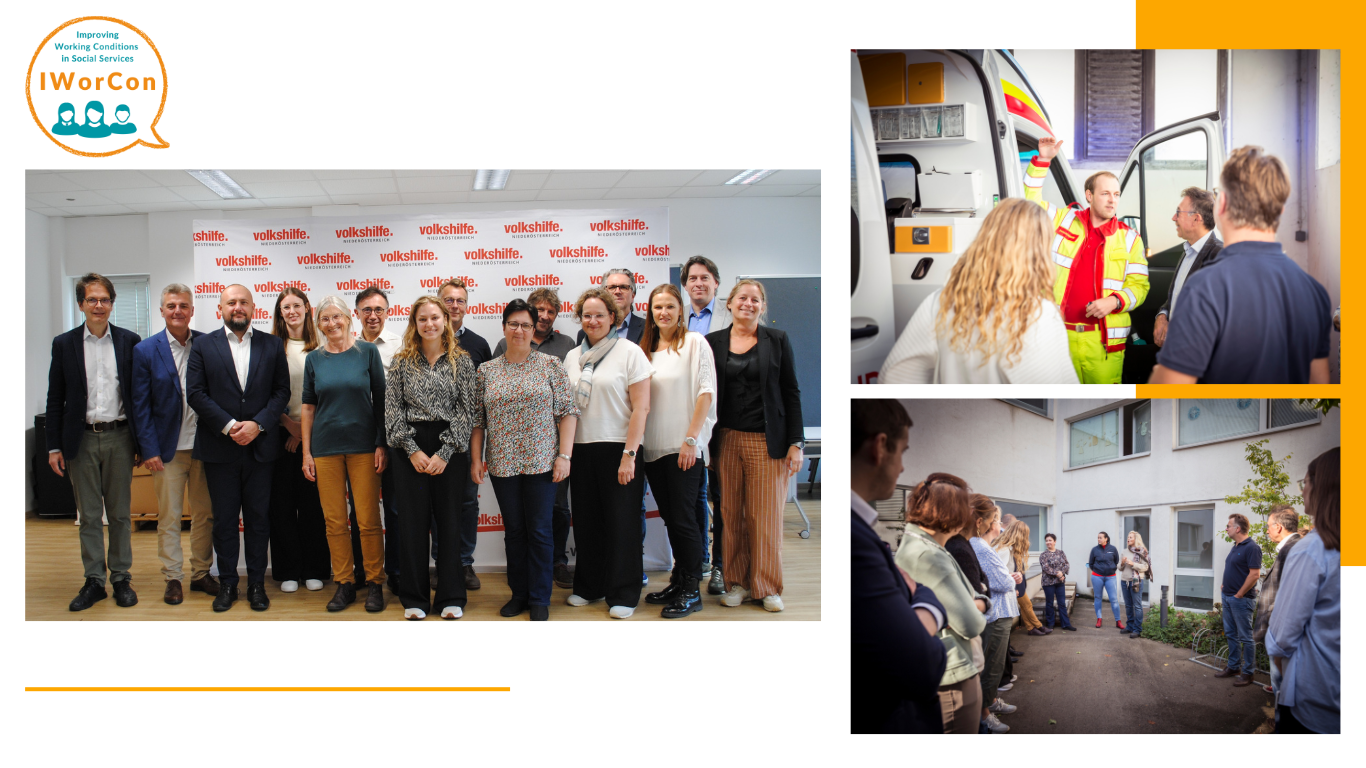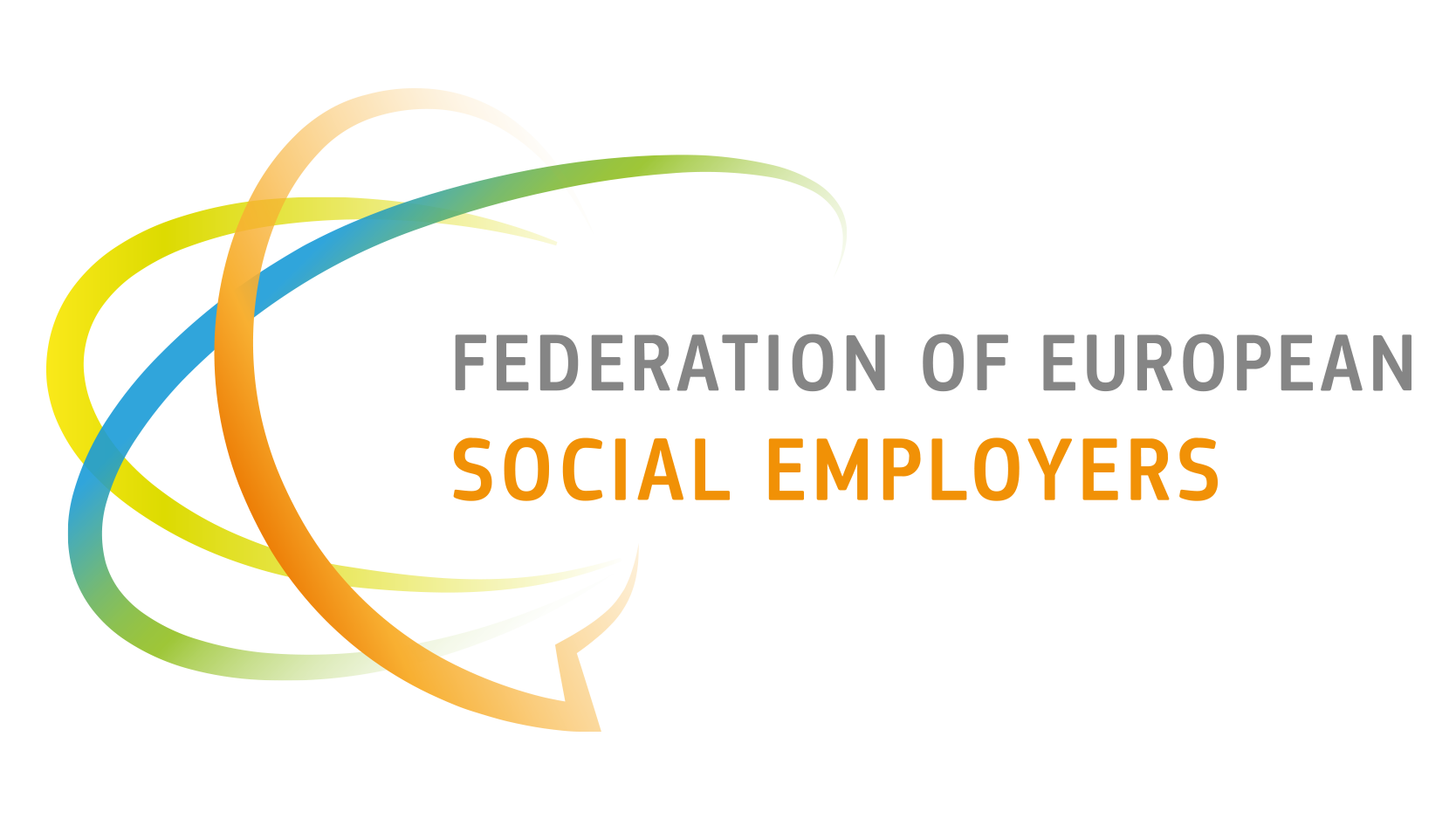IWorCon Study Visit: Exploring Austria’s Social Services Landscape and Social Dialogue

On 17-18 September, IWorCon project partners gathered in Vienna for a study visit hosted by SERVICE MENSCH GmbH / Volkshilfe Niederösterreich. The visit aimed to provide insights into Austria’s social services landscape and its social dialogue system.
The visit started in Wiener Neustadt with a presentation by SERVICE MENSCH GmbH / Volkshilfe Niederösterreich, one of the IWorCon project partners. Founded in 1947 as a non-profit association, the organisation’s mission is to support, assist, and accompany individuals, to improve and sustain their quality of life. Participants gained a deeper understanding of the services offered, its financing, human resources, training activities and digitalisation process.
In the afternoon, the group held a focus group session on “Representation & Influence,” two essential functions that employers’ organisations fulfil on behalf of their members.
On the second day, the visit moved to the Workers’ Samaritan Association (Arbeiter-Samariter-Bund Österreich, ASBÖ), a provider of social services and member of Social Economy Austria (Sozialwirtschaft Österreich, SWÖ). SWÖ plays a crucial role in negotiating annual collective agreements for health and social care workers in Austria. Representing over 600 organisations and more than 85,000 employees, SWÖ is the leading voice for the sector.
To gain a comprehensive view of Austria’s social dialogue, a representative from the Austrian Trade Union Federation (Österreichischer Gewerkschaftsbund, ÖGB) presented the trade union perspective. As the umbrella organisation for Austrian unions, ÖGB negotiates agreements through seven sectoral unions such as vida, which represents workers in health and social services.
One of Austria’s defining features is its very high level of collective agreement coverage, with approximately 98% of employees covered. This is a result of Austria’s strong social partnership tradition, which promotes close cooperation between employers’ associations and trade unions.
Collective agreements in Austria are predominantly sectoral, negotiated across industries rather than individual companies. This ensures consistent standards across the country.
Previous study visits were held in the Netherlands, Belgium, France and Spain. Following Austria, the final study visit will take place in the Czech Republic. Key takeaways of all visits will be turned into a guide on “How to create and manage effective employers’ organisations in social services”.
For more information on IWorCon, visit:
